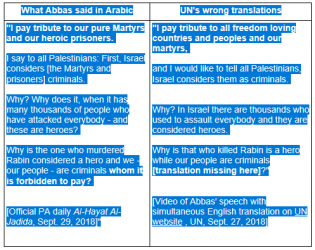- Moderator
- #5,941
Here is another interesting one...surprising too.
World Bank reports high rate of Palestinian women leading startups
World Bank reports high rate of Palestinian women leading startups
Palestinian women are participating at relatively high rates in leading roles at technology startups in the West Bank and Gaza Strip, a World Bank report published on Wednesday found.
Twenty-three percent of Palestinians who founded tech companies in the West Bank and Gaza Strip are women, according to the report.
In comparison, 19 percent, 12%, and 10% of startup founders are women in Beirut, New York City, and Cairo, respectively, the report said.
World Bank reports high rate of Palestinian women leading startups
World Bank reports high rate of Palestinian women leading startups
Palestinian women are participating at relatively high rates in leading roles at technology startups in the West Bank and Gaza Strip, a World Bank report published on Wednesday found.
Twenty-three percent of Palestinians who founded tech companies in the West Bank and Gaza Strip are women, according to the report.
In comparison, 19 percent, 12%, and 10% of startup founders are women in Beirut, New York City, and Cairo, respectively, the report said.


